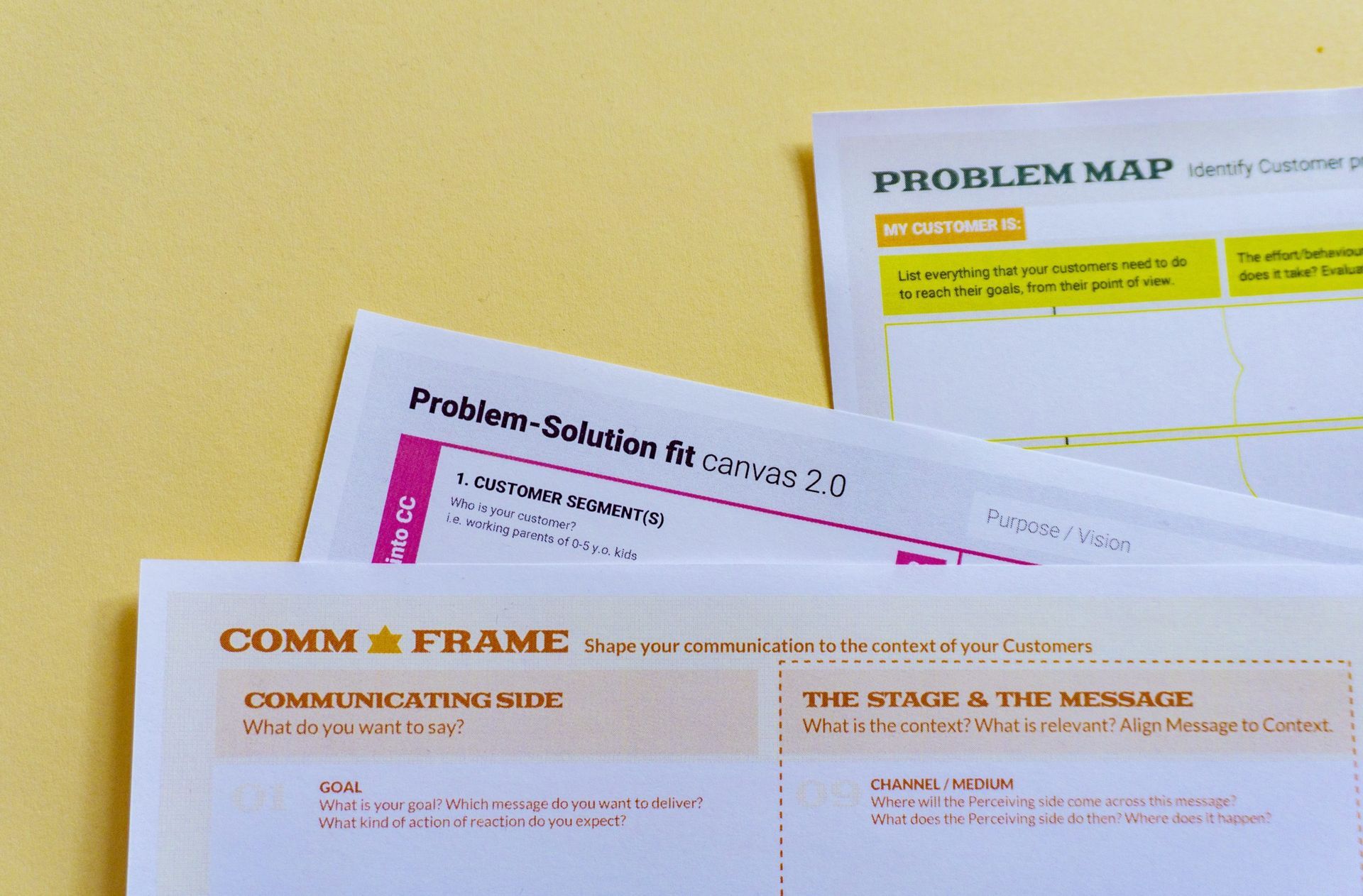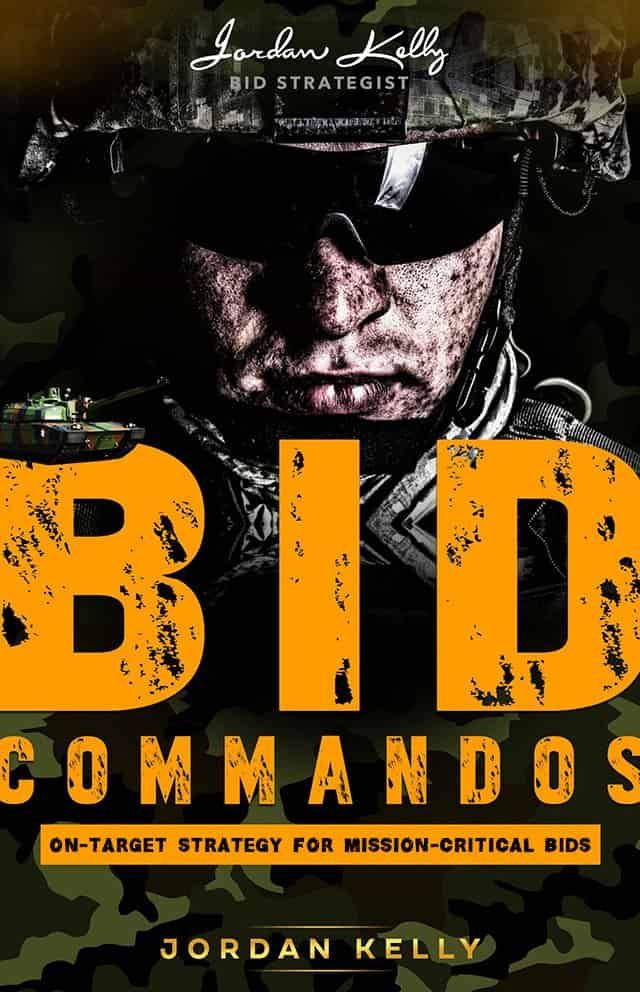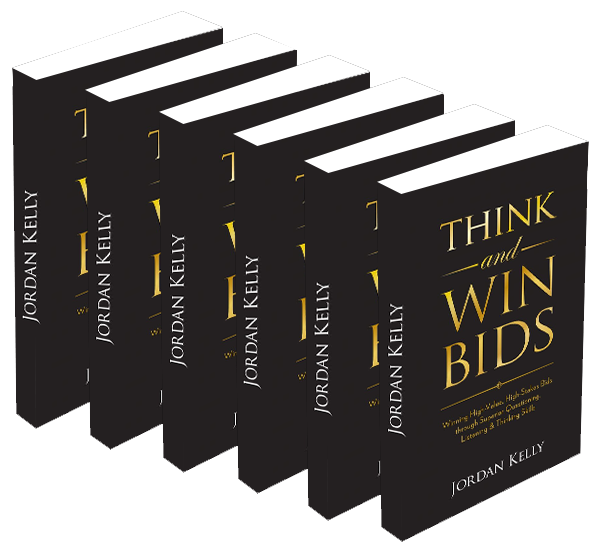CATEGORIES:

Many organisations place a heavy focus on developing a raft of heavily prescriptive templates, in the belief that this will produce comprehensive and well-thought-out bid "strategy".
In other Pursuits Academy articles, I articulate, in detail, precisely why it is that quality strategy (in fact, why real “strategy”) cannot be produced by templates. Now, in this upload, I will make the additional observation that “over-templatisation” actually de-motivates workshop participants and others looked to for strategy input.
There’s an irony at play in many B2B organisations:
While at the upper levels of strategy direction, someone is busy creating more templates and injecting existing templates with more fields to be filled in, the root of the problem (i.e. poor quality strategy) is the templates themselves.
And it’s not only the fact that these templates (no matter how detailed) don’t produce quality (or even genuine) strategy, it’s also that their usage fails to enthuse and compel people to avidly embrace the whole (as in, the whole of the) strategy development process.
Are You Addressing the Root of the Problem?
Try this possibility on for size, as regards your own organisation:
Are you too focused on making your processes more involved and more complex, when the immediate problem is actually that you’re struggling to get your client-facing personnel (i.e. business development and sales representatives) to use the existing processes/templates effectively and enthusiastically?
The alternative is to understand that the mining of critical client-facing insights and information, and the subsequent formulation of bid strategy, is not – in general – well-served by templates . . . or, at least, not past a certain, still reasonably elementary, stage in the process.
True strategy is fluid, and results from free-flowing (albeit tightly directed) investigative conversations that range both deep and wide . . . the direction of which cannot be determined by a template approach.
Let me conclude with a (true) story from my early days specialising in this field.
The Australian head office of a multinational IT giant had spent some hundreds of thousands of dollars on implementing new software that provided a range of templates – predominantly for the capture of information gleaned by BDs following any meetings they had with potential customer organisations.
An Expensive White Elephant
Although the use of these templates was mandated, the BDs used these minimally, if at all. (They considered them the ruination of an otherwise nice afternoon in the company of a major customer or prospect.)
After months of unsuccessfully cajoling the BD team into embracing the software a little more enthusiastically, I was called in by the company . . . initially to add to their efforts to gain traction for the use of the program (which, by this stage, had turned into an expensive white elephant).
I’ll cut the story short, by saying that my approach to the problem involved closely evaluating the modus operandi of the various key BD team members, in order to determine the role each was best suited to playing in the gathering and documentation of customer insights, the supplementation of these with secondary research, and the conversion of all these information types into actionable strategy.
This approach worked. Why? Because (a) it reflected how real strategy is developed, (b) it inspired the team members to think through the contribution of their individual roles and make strategic use of their opportunities, and (c) it allowed each individual to operate in a manner conducive to their own personalities.
THINK AND WIN BIDS
Winning High-Stakes, High-Value Bids through Superior Questioning, Listening & Thinking Skills
(Book)
The three fundamental skills of a genuinely sharp, sustainably successful bid professional are the ability to think, listen and ask quality questions.
Furthermore, formulating successful business development and bid strategies is the process of well-directed research and thinking; not the product of tools and templates.
Think and Win Bids is available individually and also in a (6-for-the-price-of-5) six-pack.
BID COMMANDOS
On-Target Strategy for Mission-Critical Bids

(Training Program)
My "blockbuster", comprehensive, 11-module course that ensures your team will excel at every stage of a formal bidding process - from the initial bid/no bid analysis, right through to the client de-briefing session/s.
BID COMMANDOS will also ensure your organisation doesn't shoot itself in the foot by trying to achieve with templates, what templates simply can't achieve.



